Environment
Eat your pumpkin!
The spookiest thing about Halloween? Millions and millions of tasty pumpkins going in the bin. After carving many pumpkins are thrown away. And their role as a jack o’ lantern casts a spooky shadow over their true purpose – dinner! In fact, here's a treat for you - carving pumpkins are edible, and they're delicious too.
Did you know...? If you buy two medium sized carving pumpkins (usually around £3 each) they could make 24 portions of soup. It costs around £24 to buy that much freshly prepared soup! (based on supermarket prices for cartons of fresh pumpkin soup).So, you're not only saving food from waste, you're saving money too!
Here's a whole recipe book full of ideas on how to eat your pumpkin.


Beware - vampire devices
With the October energy price cap rise, you may be wondering how to save energy and manage your bills throughout the winter. To try and help you save as much as you can, we discovered devices that drain energy even when they’re not in use - otherwise known as energy vampire devices.
Here’s how much they could be costing you, and 5 tips on how to slay energy vampire devices.
International E-waste day - 14 October
Be part of The Great Cable Challenge and join the millions taking one small action to make a big difference.
Almost all of us have unwanted, broken cables clogging up our drawers, or have considered binning a flimsy cable when it broke. That’s millions of cables and thousands of kilograms of copper going to waste that could be reused or recycled. If 1 million of us all recycled one cable, we could save at least 5,000kg of copper from going to waste.
So
bag up your old electricals from your ‘drawer of doom’ and get recycling!


Halloween costume swaps
All county libraries are running Halloween costume swaps this Autumn.
The scary truth is an estimated 7 million Halloween costumes are thrown away every year, adding 118,750 tonnes of carbon emissions to the atmosphere . You'd need to plant roughly 50 acres of forest, or around 120,000 trees to offset that carbon!
Swap an old costume for a new one until the first of November.
You
can find lots more ideas here about how to have a sustainable Halloween
Should you do No Mow May? The pros and cons... - The
Middle-Sized Garden | Gardening Blog
https://www.themiddlesizedgarden.co.uk/should-do-no-mow-may-pros-cons/
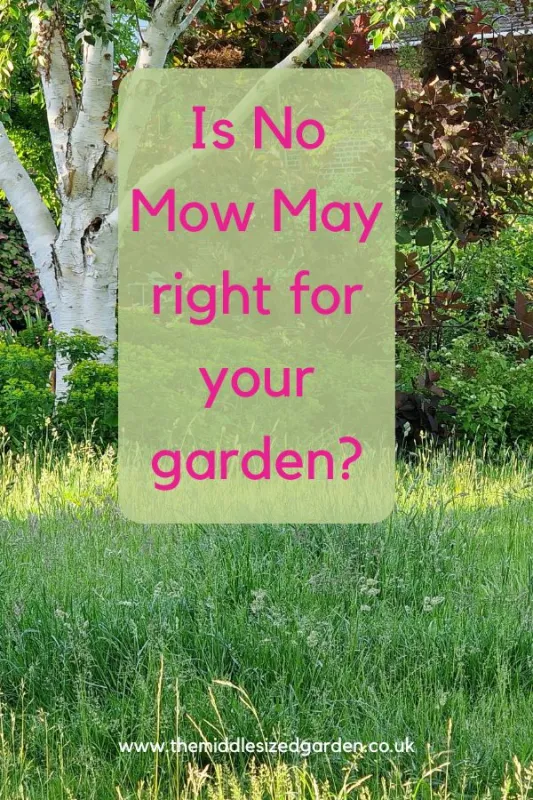
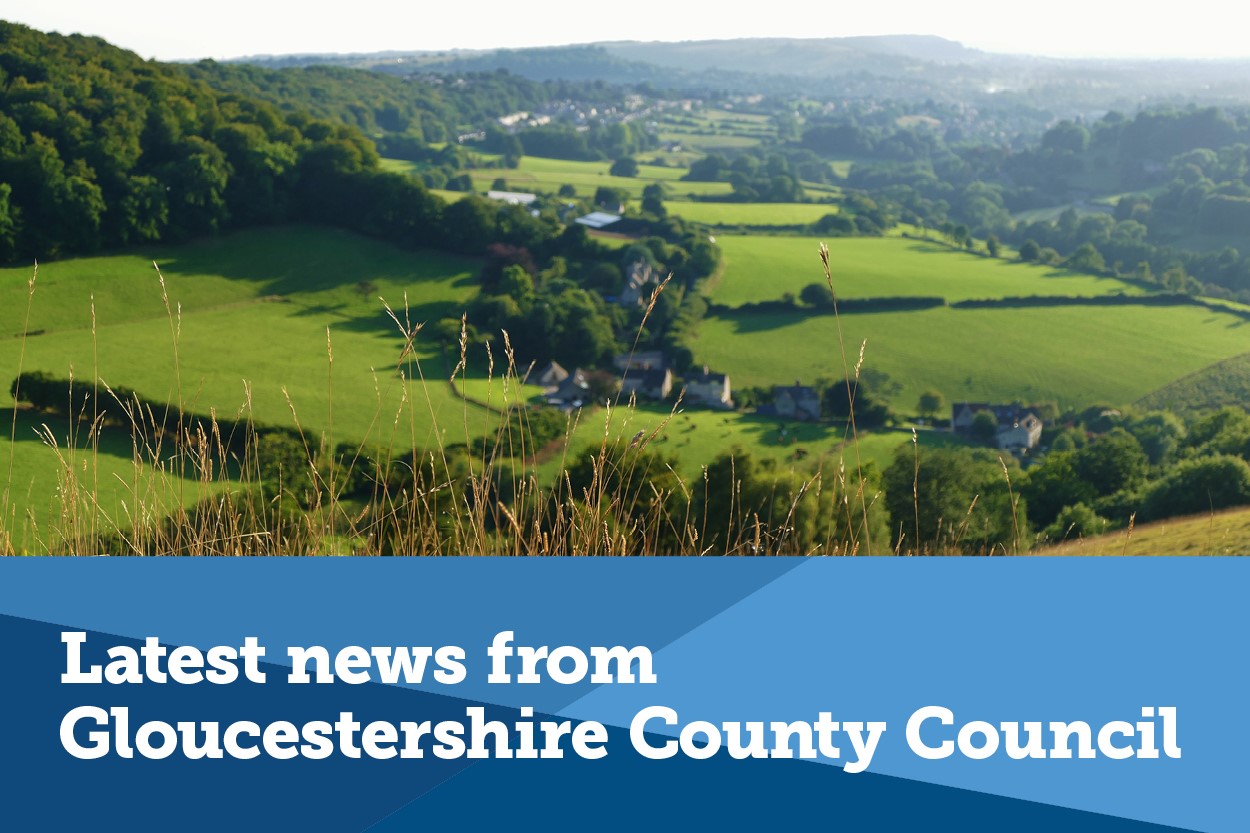
Get involved in boosting biodiversity and tackling climate change in Gloucestershire
Gloucestershire County Council is encouraging
residents to get involved in ‘biodiversity week’ this May.
Thinking of buying a bouquet of flowers as a gift? While a cut flower may have symbolic and emotional value, it can have harmful environmental effects. Why not try a more lasting gift?
Alternatives include:
- Gift a potted rose shrub that will live for years to come.
- Dedicate a tree or area of woodland to a loved one.
- Give back to nature with a hedgehog house, a bird box or bee hotel.
Create a wildflower garden with native rose plants
such as Dog Rose, Guelder Rose and Primrose.
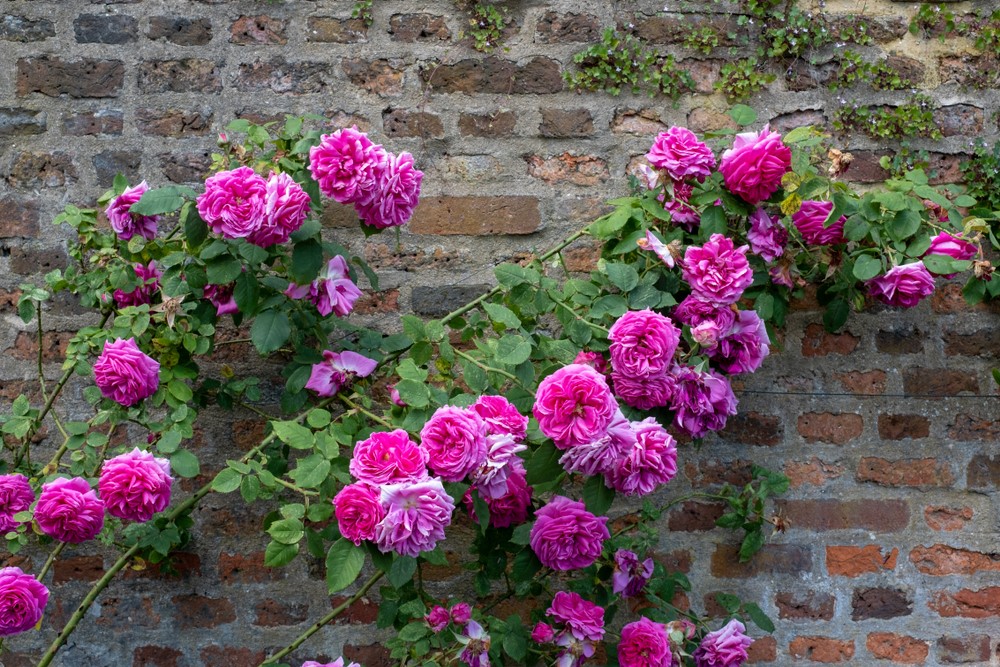

Give
bees a helping hand on World Bee Day
World Bee Day happens every year on 20 May, a day dedicated to raising awareness and celebrating the importance of bees and threats that bees face across the world.
There are over 270 bee
species in the UK, including bumblebees, honeybees and solitary bees.
Along with wildlife, we rely on bees and other pollinators, as they are crucial for pollinating our food and other plants, supporting ecosystems and food chains.
Many bee species in Gloucestershire are under threat, but you can help. Here’s four simple ways to help bees in your garden or patio this World Bee Day:
- Set up a ‘nectar café’ with pollinator friendly plants, that give bees sources of nectar and pollen.
- Make abee
hotel for
solitary bees, to help provide female solitary bees with suitable nesting sites
where they can lay their eggs.
Lock away the mower tolet your lawn grow in spring and summer, wildflowers like dandelions and buttercups will provide food for bees, and long grass can provide shelter.
Avoid usingpesticides, as these can hurt and kill bees, instead try to encourage predators of pests, by creating log piles, leaving areas undisturbed, and growing plants for predators like hoverflies.
To create bee-friendly food corridors we have available, for free, packets of native wild flower seeds. Supplies are limited although we do have quite a few, so first come first served. If you can make good use of a packet please contact the following:
For Coleford - Melanie Getgood melanie.getgood@gmail.com
For Clearwell and Sling - Richard henson richardhenson19@gmail.com
For Newland - Karen Davies karen@birchamphouse.co.uk
For Redbook - June Davies junecaris@icloud.com
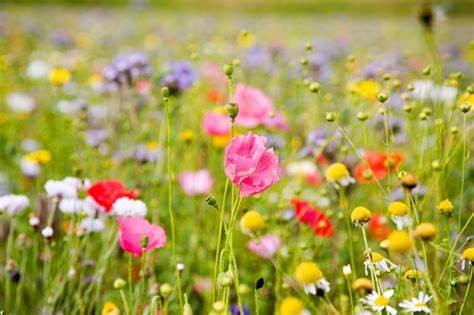
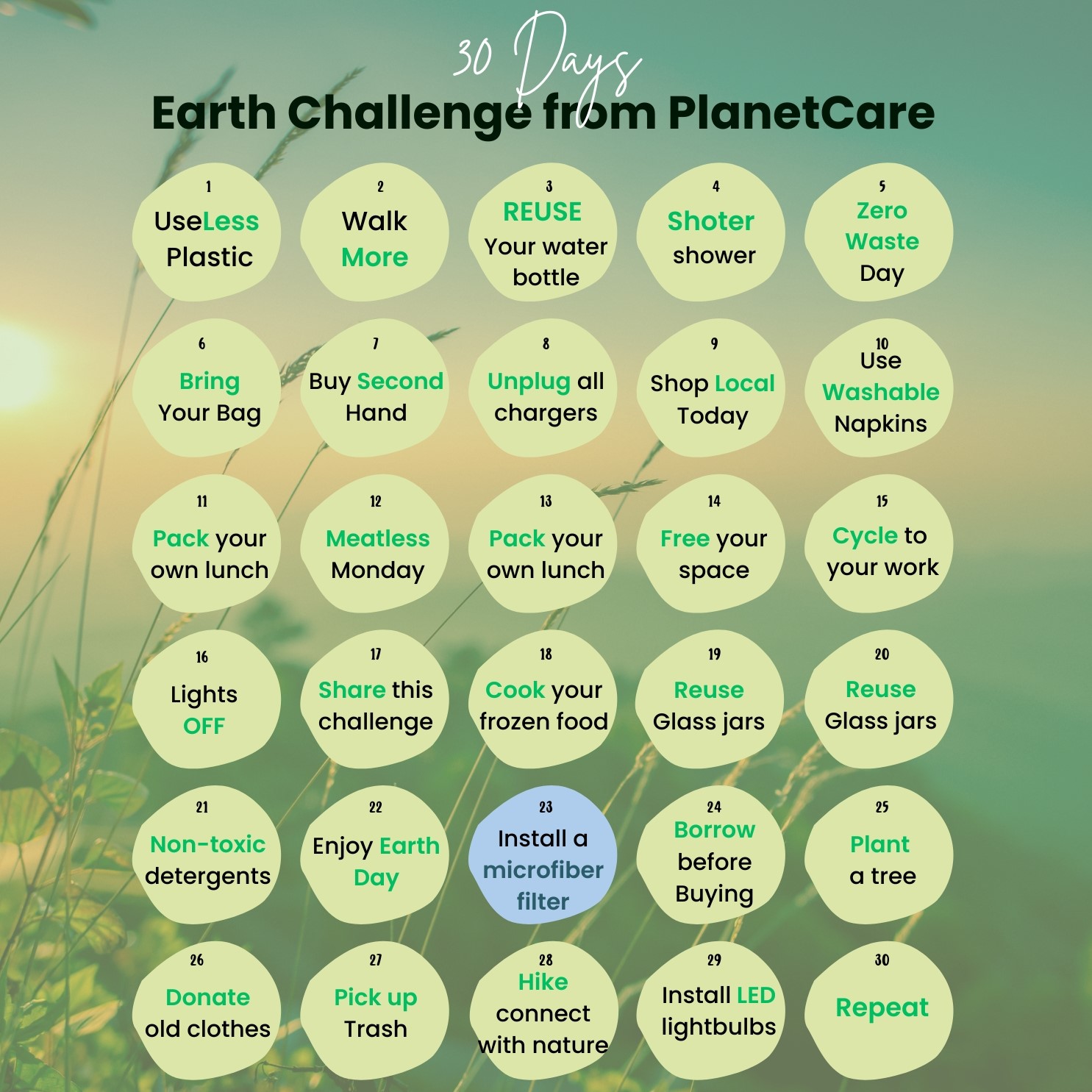
A magical new website tool has been launched to help people in Gloucestershire find out how to get rid of items sustainably.
This interactive online tool will allow anyone puzzled by recycling and waste to type in the name of any item along with their postcode to find out whether it can be reused, repaired, donated or recycled, or if it needs to go into a specific bin or collection.
It will help to encourage sustainability and increase the amount of items that are recycled correctly at kerbside, by giving residents clear answers about what goes where in their recycling bins.
One of the biggest barriers to recycling is confusion over which bin, box, or bag to use for an item. Some of the most commonly confused materials for recycling are plastic bags and film, crisp packets, pizza boxes, coffee cups and compostable plastics.
Food is the biggest product that could be recycled that is put in general waste bins – the average bin in Gloucestershire contains 26 per cent food waste, all of which could have been recycled.
For more information and to try out the tool visit: https://www.gloucestershirerecycles.com/waste-wizard/
Recycling
https://www.recyclenow.com/how-to-recycle/tips-to-help-reduce-contamination
Did you know that contaminated recycling is one of the most common reasons for items being rejected at recycling plants? The easiest and best way to ensure that your waste is recycled is to prepare it well at home; wash, squash and sort!
Contamination is where incorrect or dirty items
are included in the recycling and this results in the end materials not being
good enough grade to be remade into another product.
Lids on or off?
You may have heard that you need to remove plastic lids from your bottles before placing them in your recycling. Whether you need to remove lids or not depends on which sort of lid you are dealing with and where you live.
For small plastic bottle tops ( for example, a fizzy drinks bottle):
If you live in Cheltenham, Cotwold, Gloucester, Tewkesbury and Stroud all leave the lids on, but if you're in the Forest of Dean please remove lids.
Isn't that just more washing up?
Washing your recycling is important for lots of reasons.
Your recycling will be handled by a person at some point on its recycling journey and removing food residue means this is more hygienic for our hard working waste staff.
Some facilities use technology (including lasers) to sort recycling and dirty items are less likely to be sorted correctly as the machines can't correctly identify the materials.
Dirty items reduce the quality of the products created and may result in the end materials not being a good enough grade to be remade into another product.
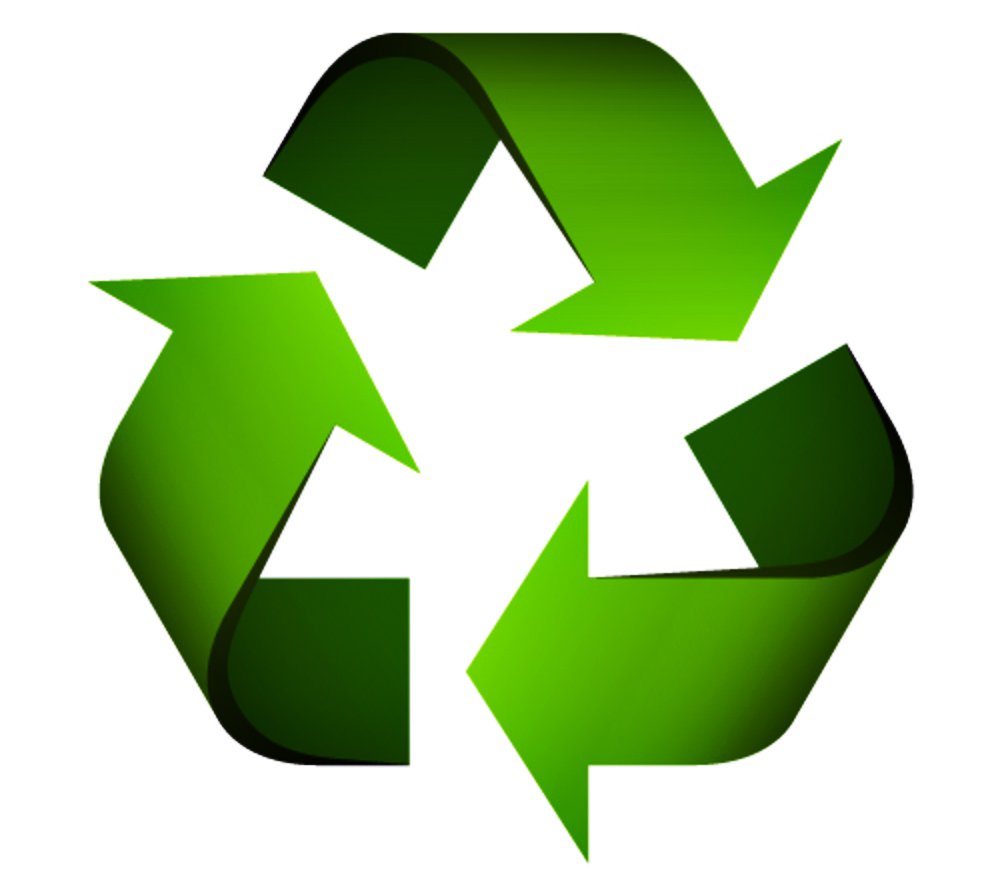
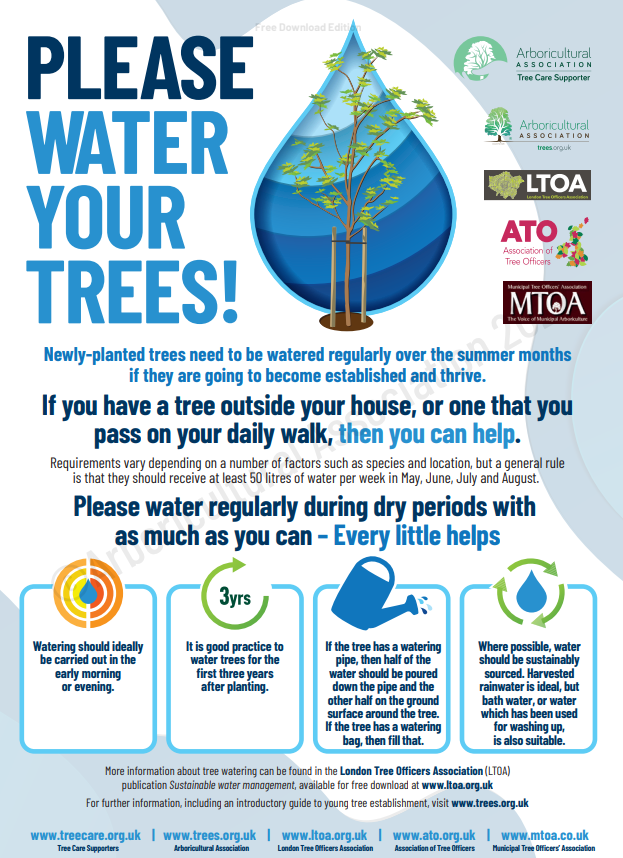
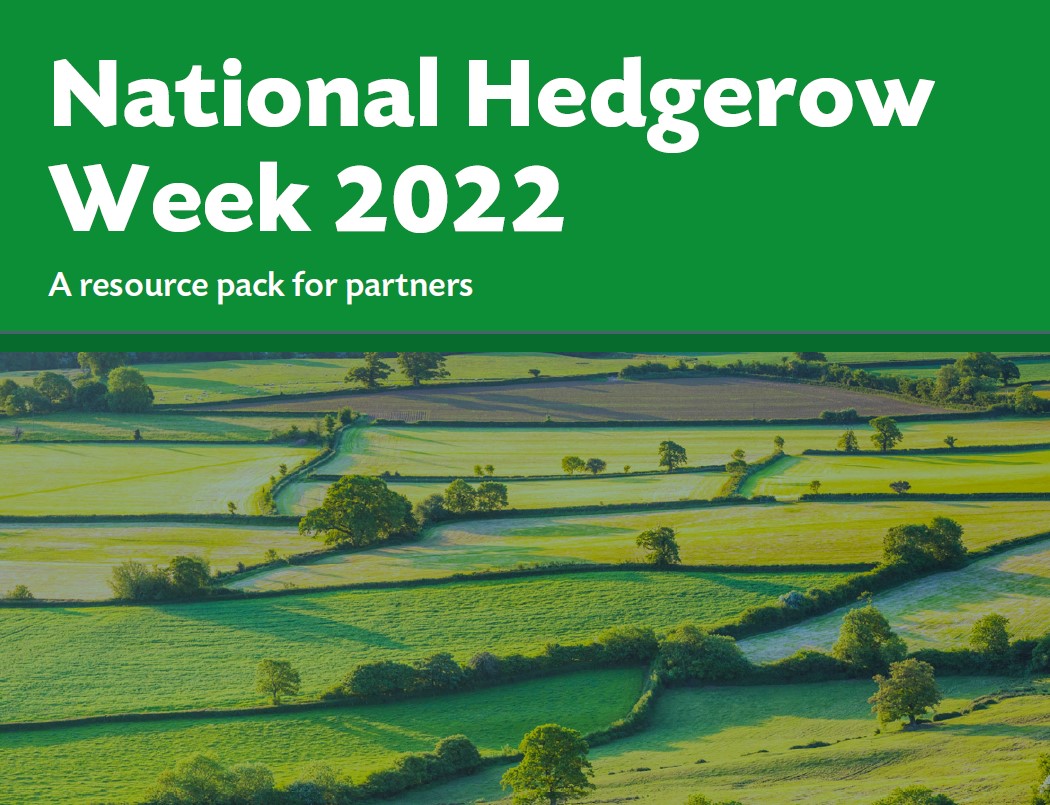
Please click the link below to access the National Hedgerow Week 2022 resource pack:
